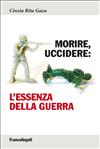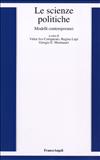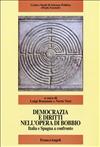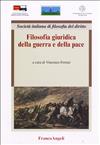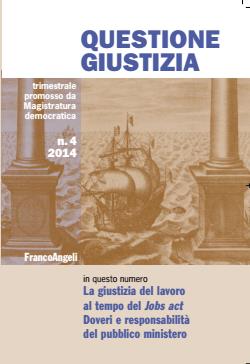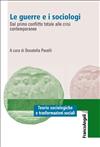
Dal primo conflitto totale alle crisi contemporanee
Il rapporto tra le società e le guerre è a due vie e la lettura sociologica ha permesso di attraversare in profondità i processi che hanno cambiato il volto della guerra e fatto emergere nuove forme, nuovi attori, nuove barbarie. Nel tentativo di fare luce sulla complessità di queste dinamiche, il volume affronta il fenomeno sociale della guerra e riflette criticamente sulla molteplicità delle dimensioni che essa abbraccia nello scenario storico del XX e del XXI secolo.
cod. 1781.1

